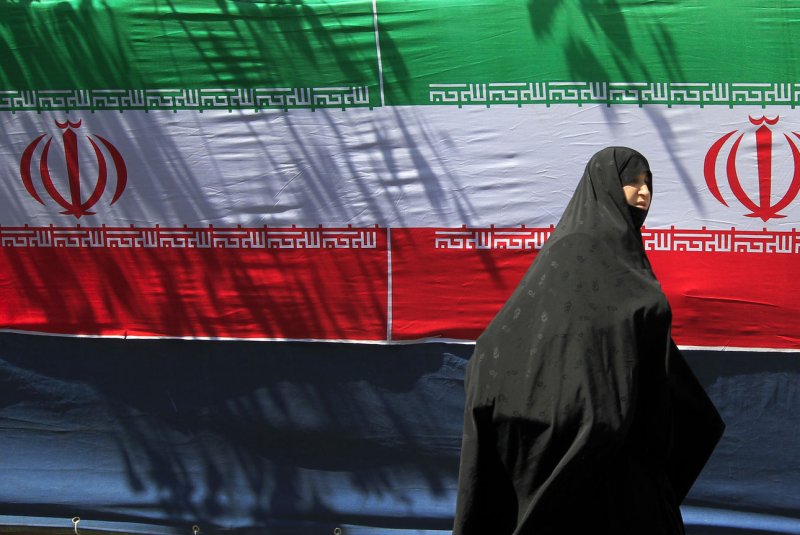The French government said efforts are underway to protect European companies from U.S. sanctions pressure on Iran. File Photo by Maryam Rahmanian/UPI |
License Photo
June 5 (UPI) -- European parties to the Iranian nuclear agreement are working on ways to ensure Iran can keep exporting oil to the market, a French minister said.
Iran and non-U.S. parties to the Joint Comprehensive Plan of Action, the 2015 nuclear agreement that gave Tehran sanctions relief in exchange for nuclear commitments, are working to keep the deal in place without the United States. U.S. President Donald Trump pulled his country out of the deal in early May.
Speaking to French news network La Chaîne Info, Jean-Yves Le Drian, the French minister of European and Foreign Affairs, said it was incumbent upon European members to keep the deal in place.
"This agreement must be maintained," he said in remarks published Monday.
French supermajor Total in July signed a contract with a Chinese partner related to phase 11 of the South Pars gas field off the coast of Iran. The terms at the time were in compliance with European, French and U.S. legislation, but the French company said the situation has changed with the U.S. departure from the JCPOA.
Just days after Trump's decision, the French company said it wouldn't be able to continue its work in Iran unless it's protected from U.S. sanctions that would snap back into place in November. Earlier this year, Total CEO Patrick Pouyanné said that because it was awarded a contract last year under conditions where it could sign the agreement, Total should be grandfathered in and get a waiver from U.S. authorities.
Le Drian said European parties have looked to 1990s rules that would protect French and other European companies from U.S. pressure.
"But that isn't enough," he said. "We must establish a financial mechanism which is immune to the dollar -- so one which uses euros or is linked to other currencies --, allowing us to make our companies working in Iran secure and also allowing Iran, which is remaining in the agreement, to ensure that its oil production, for example, can be exported."
U.S. sanctions pressures could pull about 1 million barrels of Iranian oil off the market by the end of the year. With the Organization of Petroleum Exporting Countries coordinating on voluntary production cuts, the loss of Iranian barrels could put the global oil market in a deficit.















